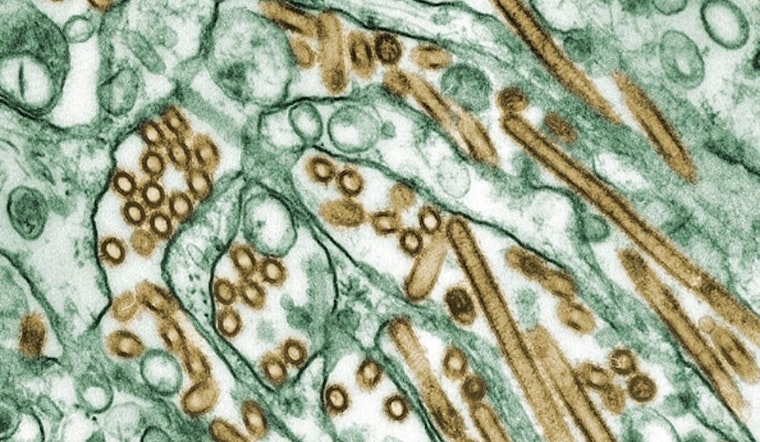As the avian flu saga continues, a new twist emerges from the Hawaiian Islands. The Hawaiʻi Department of Health (DOH) has detected traces of H5 avian influenza at a wastewater sampling site on Oʻahu, marking the first instance of such a finding in the state. The sample in question was collected on Thursday last week, and the results came back on Tuesday, according to an official report released by the
Department of Health
.
Hawaii’s routine wastewater surveillance has been a vigilant eye for infectious diseases, including the avian flu. While current findings do not confirm the presence of Highly Pathogenic Avian Influenza (HPAI), they signal a need for further investigation to determine if this detection is H5N1-related. Across the nation, H5N1 has caused outbreaks among bird and mammal populations, with human cases linked to those with close contact to infected animals. However, sustained human-to-human transmission in the United States has not been evidenced.
While no H5N1 cases in birds, animals, or humans have been reported in Hawaii, officials are taking the situation seriously. The
Department of Health
is working closely with federal agriculture and wildlife agencies to investigate this detection further and to continue with prevention and public health surveillance efforts.
The risk of H5N1 transmission to local residents is currently low; the
Department of Health
advises them on precautions. Protective measures include avoiding contact with sick or dead birds, livestock, or wild animals without protective gear and steering clear of consuming raw milk or raw milk products from animals potentially infected with avian influenza. The Department of Health statement reiterates that pasteurized milk products remain safe for consumption.
Furthermore, the
Department of Health
urges anyone who develops avian influenza symptoms, like fever, cough, sore throat, and conjunctivitis, after close contact with affected animals, to contact them promptly. Early antiviral treatment is recommended and accessible for those with suspected or confirmed infections. To report sick pets or unusual animal deaths, the Department of Health provides contact details for the Animal Industry Division at the Hawaii Department of Agriculture during business and non-business hours.
Note: Thank you for visiting our website! We strive to keep you informed with the latest updates based on expected timelines, although please note that we are not affiliated with any official bodies. Our team is committed to ensuring accuracy and transparency in our reporting, verifying all information before publication. We aim to bring you reliable news, and if you have any questions or concerns about our content, feel free to reach out to us via email. We appreciate your trust and support!



Leave a Reply